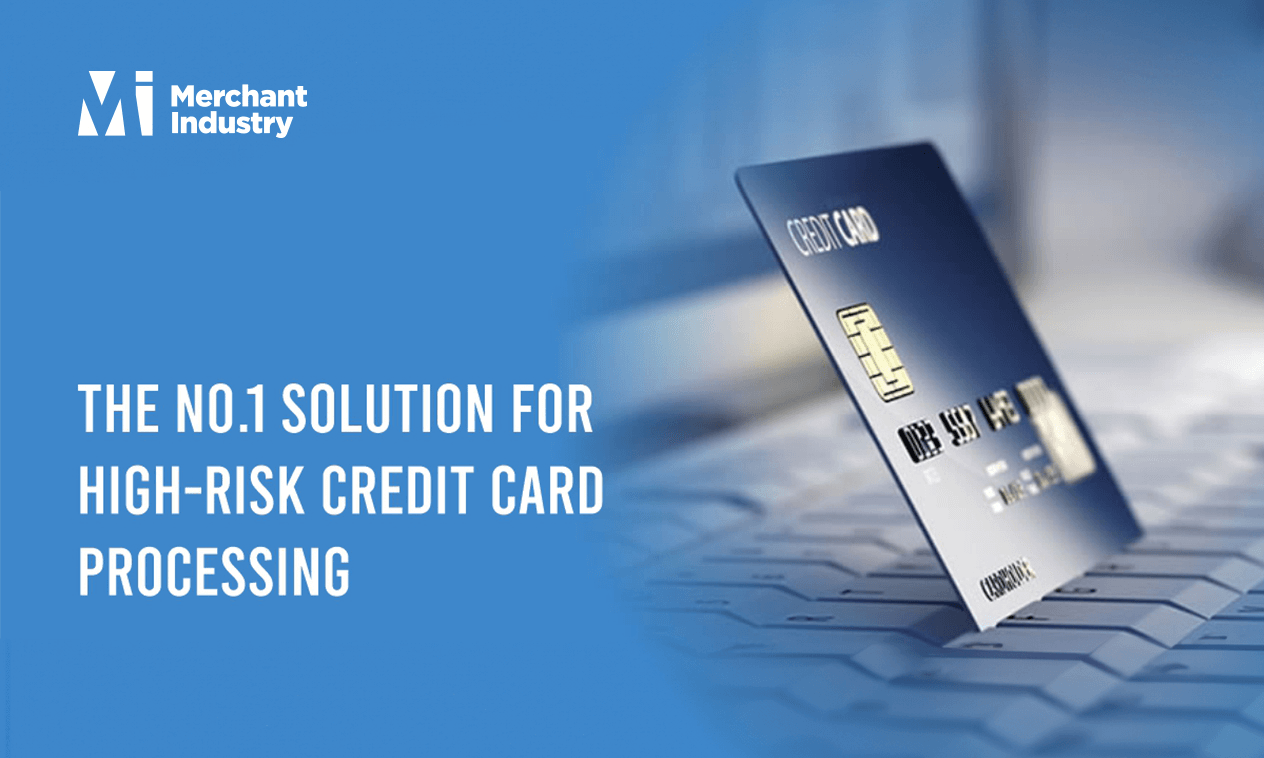What is High-Risk Credit Card Processing?
In the High-Risk Credit Card Processing Company, some business types and organizations are considered “High Risk.” Merchant Account Providers often feel that merchants within the high-risk industry are just too difficult to work with. Merchant Industry is proud to be New York’s best high-risk merchant account provider.
How Do You Know if You’re a High-Risk Merchant?
Before starting your business, you need to know whether your industry is considered High Risk or not. One major indication that you’re working within a high-risk industry is if the business type has a large number of chargebacks or fraudulent charges.
Different processors will have their own way of classifying and dealing with High-Risk Credit Card Processing Companies. Before you decide to get your business up and running, it is best to collect information from several processors.
Why do I Need A High-Risk Credit Card Processor?
If you think that your business might be regarded as high-risk, you will need to find the best processing solution specializing in working with high-risk merchants, but most importantly find a processor tailored to your needs.
How Are High-Risk Processors Different Than Other Processors?
High-risk processors are similar to traditional processors, but their rates will be higher than traditional ones due to the nature of the business types they work with. More often than not, High-Risk merchants will have less flexibility compared to a traditional merchant. High-risk merchants require more documentation to get their account approved.
Apart from this, the high-risk merchant will run the risk of having a Reserve placed on their account. Sometimes, processors will hold a significant portion of an amount from the merchant account in case of high chargebacks.
What Is A Merchant Cash Reserve / Rolling Fund?
It’s very common for many high-risk credit card processors to request what is called a “Merchant Cash Reserve” or a “Rolling Reserve Fund.” High-risk businesses will be required to set aside a percentage of their deposits – usually 5 – 15%. The processor will keep this fund amount on hold for about six months, after which the funds will be released back to the business. This occurs on a rolling basis so that as funds are released, other funds are being held for another six months. While this may not be traditional practice, it is a requirement merchants must follow in order to maintain a high-risk merchant account.
The best way to describe this practice is as a security deposit. Since the holding bank is extending a line of credit when processing a payment, the bank will need collateral for the riskier transactions. The bank holds onto this deposit until the chargeback time limit expires. Banks and credit card processors do this to limit their exposure in the event of massive fraud or chargebacks.
High-Risk Credit Card Processing
All merchants need to understand how high-risk credit card processing fees work before choosing the best merchant account provider. There are a wide variety of processors, each with their own tailored solutions for specific types of high-risk merchants. Merchant Industry is an all-in-one Merchant Service Provider tailored to all high-risk merchant types. If you process more than $10,000 a month, contact Merchant Industry today and rest easy knowing that your business is in good hands.

